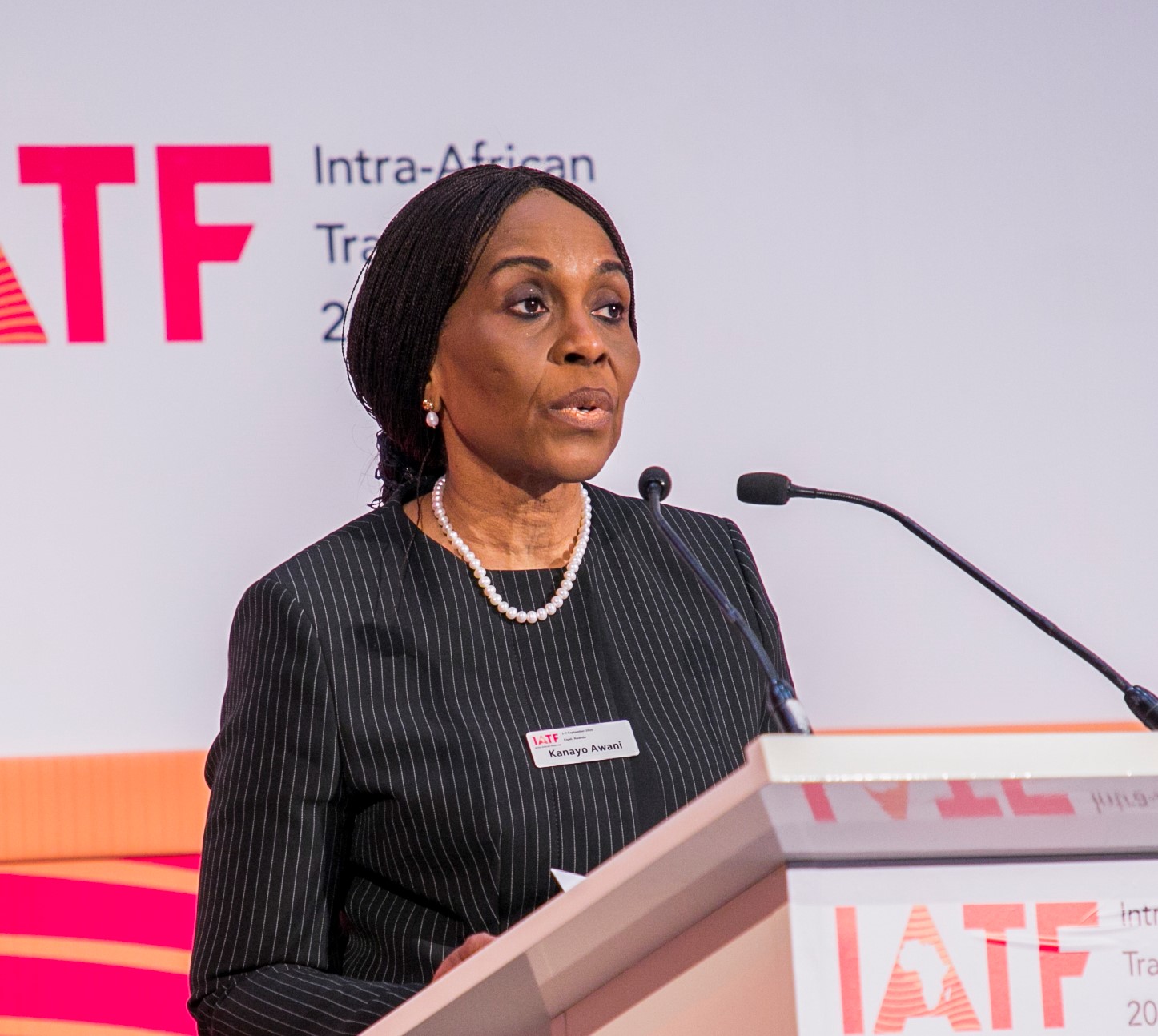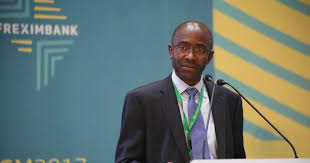AfCTA Can Help Africa Break Colonial Trade Legacies Says Okra
A former president of African Export and Import Bank, Afreximbank, Mr. Jean Louis Ekra has said that the African Continental Free Trade Area (AfCFTA) can break Africa’s colonial legacy of exporting raw materials and importing finished goods. Mr. Ekra who is presently the Deputy Chairperson of the Intra-African Trade Fair (IATF2023) Advisory Council said today as the Trade and Investment Conference of IATF2023 began in Cairo. Mr. Ekra, who was delivering an opening statement, pointed out the unsustainability of African economies relying on natural resources and commodities, saying that this dependence made them vulnerable to adverse trade shocks, liquidity constraints and macroeconomic management challenges. Arguing that the situation needed to be addressed urgently, especially as it had worsened the effects of the COVID-19 pandemic, geopolitical tensions and climate change, he said that “AfCFTA cannot fail, especially given that intra-African trade is estimated at 16 per cent” which was a level of trade that compared unfavourably with other regions. Mr. Ekra said that the low level of intra-African trade was explained by constraints such as limited trade and infrastructure including payments and settlement systems, lack of access to relevant market information, limited knowledge about business, sustained investment opportunities and limited platforms to connect buyers and sellers.

He urged African countries to recognise that the AfCFTA was the missing link the continent needed and that it presented many trade and investment opportunities in manufacturing, export development, SME promotion and trade in services.
Also speaking, Ali Basha, Minister Plenipotentiary from Egypt, welcomed guests to the conference and said that the panels hosted as part of the conference should not be missed. He urged all African nations to “work hand-in-hand to address the challenges of trade integration.”
The ceremony showcased a hologram of Kwame Nkrumah, a former President of Ghana and a major advocate for African unity.
In subsequent panels discussions, attendees heard contributions on a wide range of topics, including energy transition and industrialisation in Africa, transforming the manufacturing sector and promoting diversification of African trade. During a panel on energy transition and industrialisation in Africa, Dr. Ainojie Irune, Chief Operating Officer of Oando Energy Resources, emphasised the need for African leaders to be more impatient about developing the continent, arguing that energy was crucial to Africa’s development and the transition should benefit Africa where 40 per cent of the population live without electricity.Ms. Helen Brume, Afreximbank’s Director of Projects and Asset Based Finance, said that any discussion about transitioning to cleaner energy sources must consider that 600 million Africans still lacked access to electricity while 900 million do not have access to clean energy sources for cooking.
During a panel on transforming Africa’s manufacturing sector, Olukayode Pitan, former CEO and Managing Director of Bank of Industry, Gagan Gupta, Founder and CEO of ARISE Integrated Industrial Platform, Manuel Mota, Deputy CEO of Mota-Engil, and Brian Deaver, CEO of the African Medical Center of Excellence, deliberated on the importance of establishing connectivity in Africa’s supply chains. They agreed that such a transformation would significantly improve the lives of Africa’s 1.5 billion inhabitants.
According to them, with the key to a thriving manufacturing sector being dependent on African talent, investing in their education and training was crucial.
A highlight of the day was the launch of the impact evaluation report of the US$19-billion Dangote Refinery and Petrochemical Complex in Nigeria by Prof. Benedict Oramah, President and Chairman of the Board of Directors of Afreximbank. Emeka Uzoigwe, Acting Director of Strategy and Innovation at Afreximbank, who noted that the complex was launched in 2018, emphasised the importance of the project’s insights for other African businesses as it had the potential to transform not only Nigeria but the entire West Africa.
The Trade and Investment Conference is a component of IATF2023, Africa’s largest trade and investment fair. It aims to optimise access to Africa’s connected markets through the AfCFTA. The trade fair is expected to attract over 1,600 exhibitors and 35,000 visitors, with trade and investment deals worth US$43 billion projected to be concluded during the event.
Kelechi Deca

Kelechi Deca has over two decades of media experience, he has traveled to over 77 countries reporting on multilateral development institutions, international business, trade, travels, culture, and diplomacy. He is also a petrol head with in-depth knowledge of automobiles and the auto industry


















